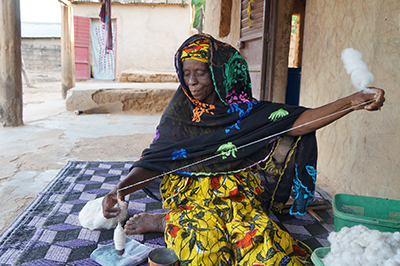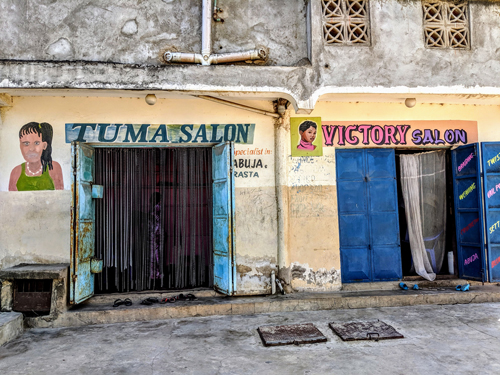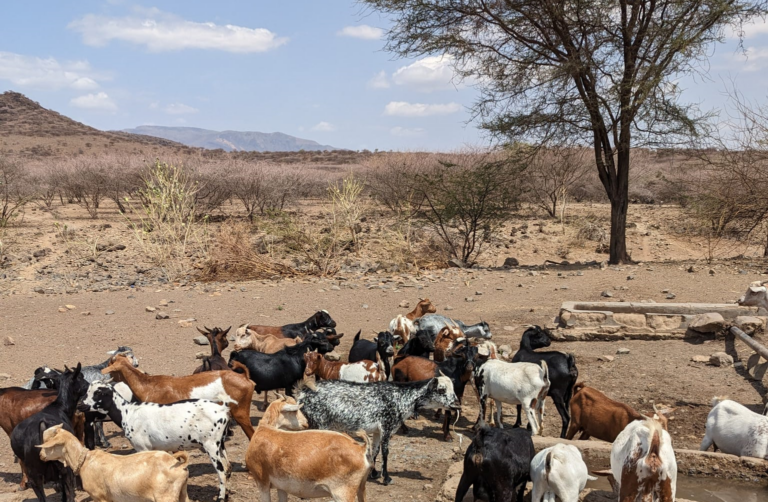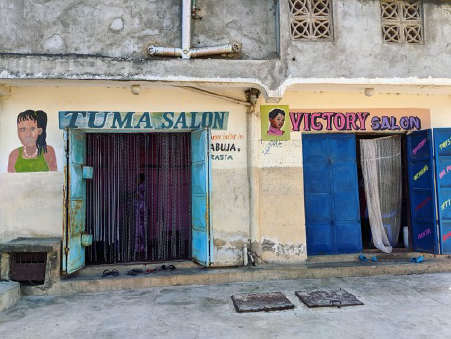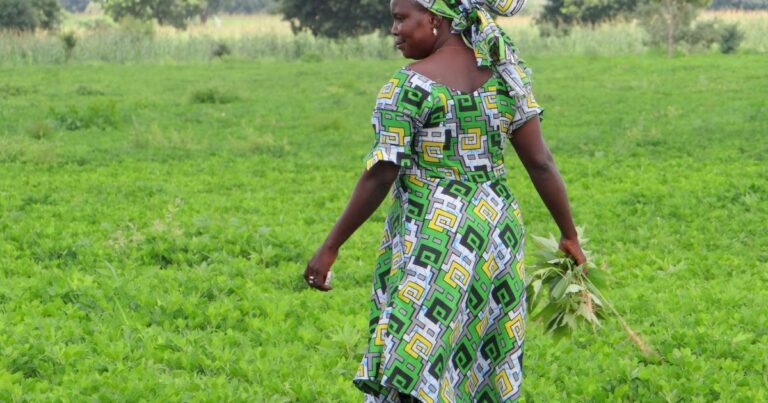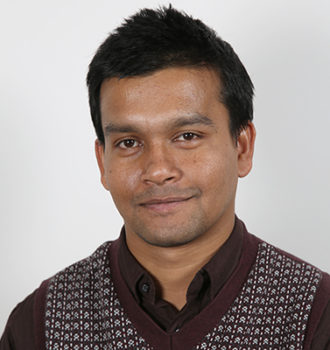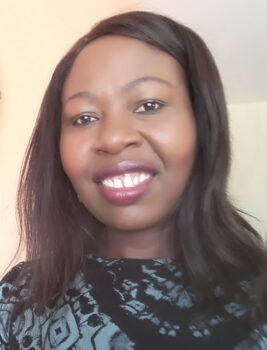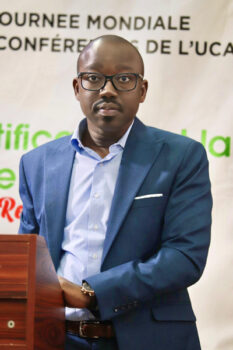In sub-Saharan Africa, female entrepreneurs are often confined to the most marginal agricultural activities, which are especially exposed to the effects of climate change. Yet, women also typically face additional barriers to adaptation, including more limited access to land, finance, educational opportunities and other assets.
The WECCA Project investigates the specific barriers to adaptation faced by female-led businesses in sub-Saharan Africa, with the goal of identifying gender-specific pathways to supporting some of the most vulnerable small businesses globally to manage the risks of climate change.
The WECCA Project is a collaboration between the Grantham Research Institute, IED-Afrique and Kenya Markets Trust.
Project context, activities and aims
Small businesses in developing countries are often highly vulnerable to climate risks. Developing country economies are often heavily dependent on sectors that experience higher exposure to climate risk, most notably the agriculture sector, where climate risks persist and evolve along key agricultural value chains. Yet our earlier research in sub-Saharan Africa has shown that even in urban areas, fairly moderate climatic changes can contribute to major disruption to small businesses through multiple direct and indirect channels.
The ability to adapt to climate change and take advantage of new opportunities created by the dynamics resulting from climate change is highly socially differentiated and intimately connected with wider social vulnerabilities. Earlier research in Kenya conducted under the PRISE project has suggested that women face additional barriers to adaptation and business development, including more limited access to land, finance, educational opportunities, and other relevant assets.
Despite this heightened vulnerability to climate change, female employment and entrepreneurship may also play a key role in unlocking resilience to climate change impacts. Women involved in entrepreneurship are understood to make relatively higher contributions to family and social welfare than men, by more efficiently allocating returns from micro, small and medium-sized enterprises (MSMEs) and other employment opportunities to the most critical household assets. And, over the last several decades, the development economics literature has shown that gender equality, and factors facilitating female inclusion within human capital accumulation and skill demanding economic activities, have been widely associated with progress in macro development indicators such as GDP growth in developing countries.
With a focus on small businesses in Kenya and Senegal, this project aims to:
• Increase understanding of the vulnerability of female entrepreneurs in sub-Saharan Africa to climate change
• Investigate the specific adaptation behaviours of female-led MSMEs
• Identify gender-specific barriers and enablers to private sector adaptation
• Deepen understanding of the strategic role of female entrepreneurship in upscaling inclusive, climate-resilient development agendas
Publications and articles
Project team
Assistant Professorial Research Fellow
Co-Principal Investigator
Other project team members at LSE’s Grantham Research Institute
Mamadou Diop
Visiting Fellow
Other project team members
- Elena Castellano
- Antonio Avila
- Robina Abuya (Kenya Markets Trust)
- Ginny Rose
- Liz Sprout
The WECCA Project has financial support from the UK Government’s Department for International Development (DFID) and the International Development Research Centre (IDRC), Ottawa, Canada and builds on research conducted under the Pathways to Resilience in Semi-arid Economies (PRISE) project, part of the Collaborative Adaptation Research Initiative in Africa and Asia (CARIAA), that ran from 2014–18 across multiple countries.
